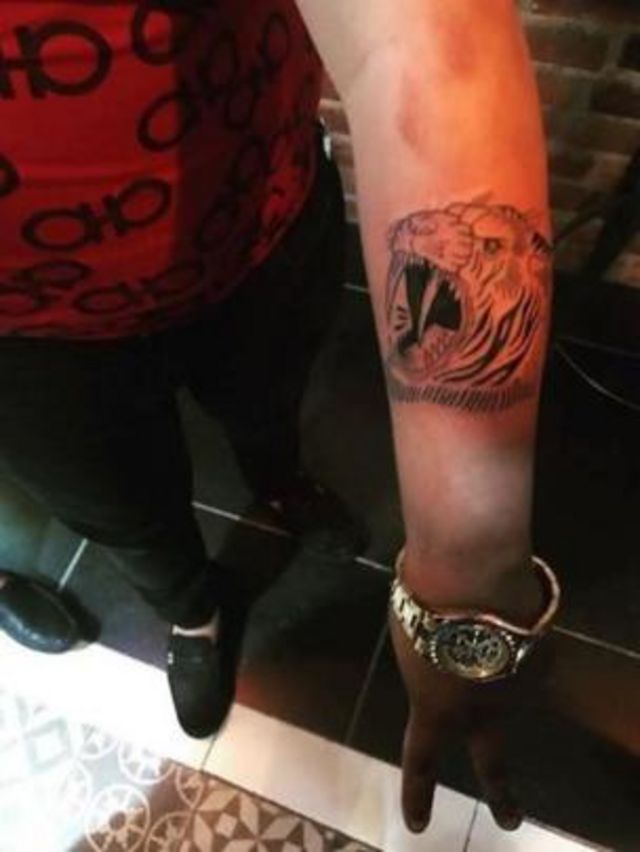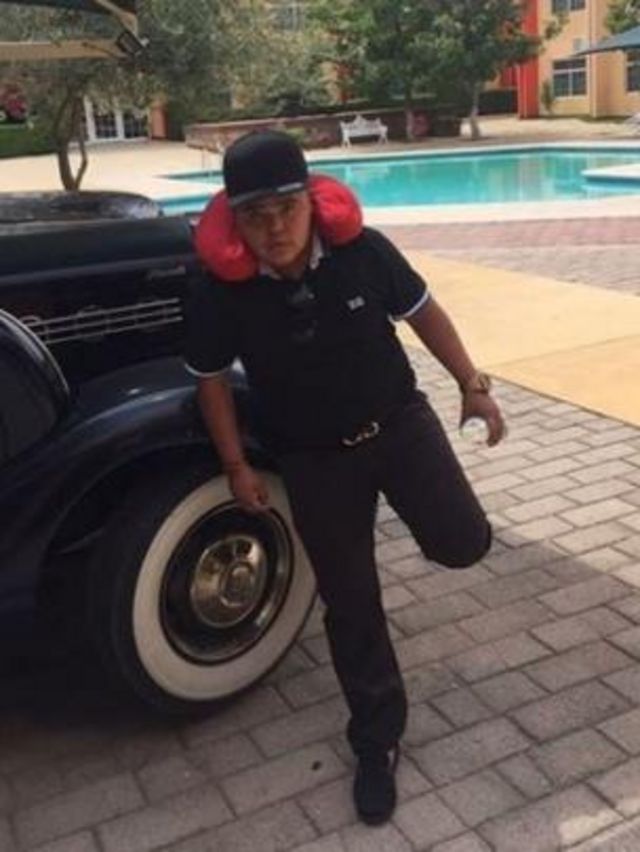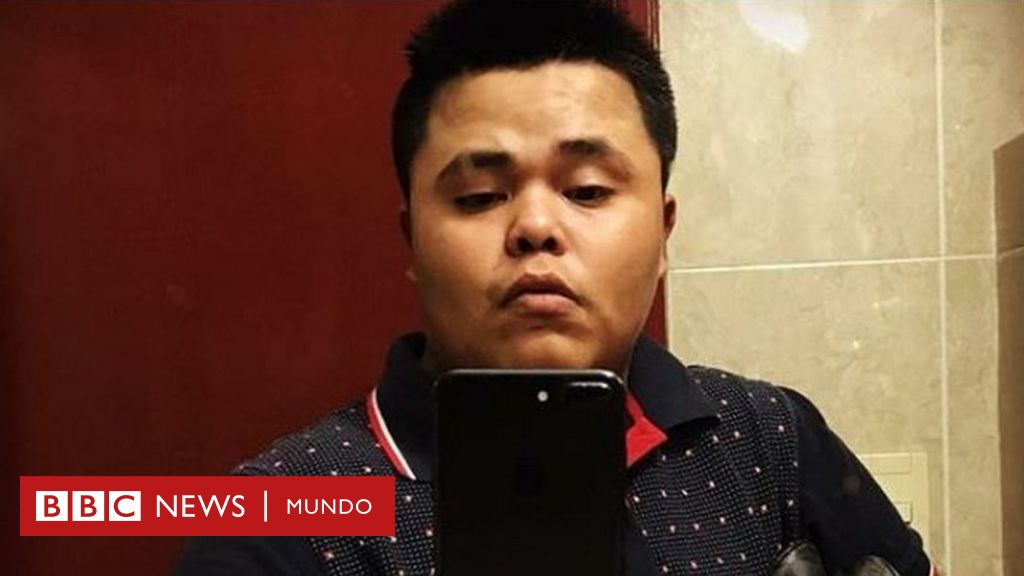The sudden rise of controversies surrounding El Pirata de Culiacan death video has sparked global discussions. This article delves deep into the events surrounding his life, death, and the implications of sharing sensitive content like the video. We aim to provide a comprehensive understanding while ensuring ethical reporting.
El Pirata de Culiacan, whose real name was Edgar Joel Sosa Soto, was a prominent figure in the world of Mexican music. His sudden demise and the subsequent spread of the video have raised questions about media ethics, privacy, and the impact on society. This article explores the background, the controversy, and what it means for us as a community.
Our goal is to provide accurate information while adhering to journalistic integrity and respecting the sensitivity of the topic. By understanding the context and implications, we can better navigate the challenges posed by such incidents.
Read also:William Douglas Sewell A Comprehensive Biography And Legacy
Table of Contents
- Biography of El Pirata de Culiacan
- Circumstances Surrounding His Death
- The Controversy Around the Death Video
- Ethical Issues Raised by the Video
- Impact on Society
- Legal Considerations
- The Role of Media
- Preventing the Spread of Sensitive Content
- Community Response and Reactions
- Conclusion
Biography of El Pirata de Culiacan
Early Life and Career
El Pirata de Culiacan was born on February 11, 1986, in Culiacan, Sinaloa, Mexico. He quickly rose to fame as a talented musician and composer, known for his contributions to the narcocorrido genre. His music often reflected the realities of life in Sinaloa, earning him a large following.
Below is a summary of his personal and professional details:
| Full Name | Edgar Joel Sosa Soto |
|---|---|
| Birthdate | February 11, 1986 |
| Place of Birth | Culiacan, Sinaloa, Mexico |
| Occupation | Musician, Composer |
| Genre | Narcocorrido |
Circumstances Surrounding His Death
Tragic End
El Pirata de Culiacan's death on June 16, 2023, sent shockwaves through the music industry and his fanbase. Reports indicate that he was targeted due to his involvement in the music scene, which often intertwined with the realities of organized crime in the region.
Official investigations are ongoing, but the circumstances remain murky. The incident highlights the dangers faced by artists in regions plagued by criminal activity.
The Controversy Around the Death Video
Spread of Sensitive Content
The emergence of the El Pirata de Culiacan death video has sparked widespread outrage and concern. Social media platforms have struggled to control its dissemination, raising questions about privacy and ethical standards.
Experts warn that sharing such content can have detrimental effects on mental health and societal values. The video's rapid spread underscores the need for better regulation and awareness.
Read also:Talissa Malley Leaks Unveiling The Truth Behind The Controversy
Ethical Issues Raised by the Video
Respecting Privacy and Dignity
The circulation of the death video raises serious ethical concerns. Respecting the privacy and dignity of the deceased is paramount, yet the viral nature of the internet often prioritizes sensationalism over sensitivity.
- Respect for the family and loved ones
- Impact on mental health
- Role of social media platforms
Impact on Society
Understanding the Broader Implications
The video's spread has had a profound impact on society, particularly in Mexico and among his fanbase. It has reignited discussions about the role of media in shaping public perception and the responsibility of individuals in consuming and sharing content.
Studies show that exposure to violent content can lead to desensitization and increased aggression. It is crucial to address these issues proactively.
Legal Considerations
Navigating Legal Frameworks
From a legal standpoint, the sharing of the El Pirata de Culiacan death video may violate privacy laws and ethical guidelines. Authorities in Mexico and other countries are exploring ways to curb the spread of such content while respecting freedom of speech.
International laws and regulations are increasingly focusing on protecting individuals' rights in the digital age.
The Role of Media
Responsible Reporting
Media outlets play a crucial role in shaping public opinion. Responsible reporting involves providing accurate information while respecting the dignity of those involved. Journalists and content creators must adhere to ethical standards to avoid contributing to the problem.
Some media organizations have faced backlash for sensationalizing the story, highlighting the need for better practices.
Preventing the Spread of Sensitive Content
Steps Toward Responsible Consumption
Preventing the spread of sensitive content like the El Pirata de Culiacan death video requires collective effort. Individuals, social media platforms, and governments must work together to create a safer digital environment.
- Education on digital literacy
- Implementation of stricter platform policies
- Public awareness campaigns
Community Response and Reactions
Voices of the People
The community's response to the incident has been varied, with some expressing grief and others condemning the spread of the video. Fans have taken to social media to honor El Pirata de Culiacan's legacy, while activists call for stricter measures against the sharing of sensitive content.
Community initiatives and support groups have emerged to address the emotional impact on those affected.
Conclusion
The El Pirata de Culiacan death video controversy serves as a stark reminder of the challenges posed by the digital age. By understanding the circumstances, ethical implications, and societal impact, we can work toward creating a more responsible and compassionate online environment.
We urge readers to reflect on their role in consuming and sharing content. Share your thoughts in the comments below, and explore other articles on our site for more insights into important topics.
References:
- International Journal of Communication
- United Nations Guidelines on Digital Privacy
- Mexican Ministry of Justice Reports


